
Common Dog Poisons Around the Home: What to Watch Out For and How to Prevent Poisoning
Common Dog Poisons Around the Home: What to Watch Out For and How to Prevent Poisoning
As pet owners, it is our responsibility to keep our furry friends safe from harm. Unfortunately, there are many common household items that can be toxic to dogs and cause serious health issues, and even death in extreme cases. In this blog post, we will discuss some of the most common dog poisons in detail, including toxic foods, plants, and household chemicals, and provide tips on how to prevent your dog from being poisoned.
Toxic Foods
There are several foods that are toxic to dogs, including chocolate, grapes and raisins, onions, caffeine, alcohol, and xylitol, a common sugar substitute. Let's take a closer look at each of these foods.
- Chocolate: Chocolate contains a toxic substance called theobromine,
which can cause vomiting, diarrhoea, seizures, and even death in severe cases. Dark chocolate and unsweetened baking chocolate contain higher levels of theobromine compared to milk chocolate, and thus, are more toxic to dogs.
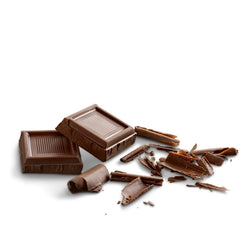
- Grapes and Raisins: Grapes and raisins can cause kidney failure in dogs. The exact cause of this is still not known, but it is believed that even small amounts can lead to serious health problems.
-
Onions: Onions contain compounds called disulphides and thiosulphates that can damage dogs' red blood cells and cause anemia. This can be especially dangerous for dogs with pre-existing health problems.
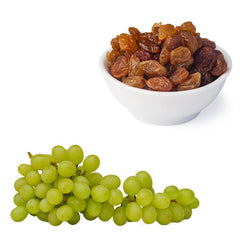
- Caffeine: Caffeine can cause digestive upset and central nervous system depression in dogs. Common sources of caffeine include coffee, tea, and energy drinks.
- Alcohol: Like caffeine, alcohol can cause digestive upset and central nervous system depression in dogs. In severe cases, it can lead to respiratory failure, coma, and death.
-
Xylitol: Xylitol is a common sweetener which is highly toxic to dogs. It can cause hypoglycaemia and liver failure. Early symptoms include vomiting, lethargy, coordination problems and seizures.
Prevention
To prevent your dog from being poisoned by toxic foods, keep them out of reach and never feed them anything without first checking to see if it is safe for them to eat. Avoid feeding your dog any sweetened foods and always check the labels - xylitol is commonly used to sweeten peanut butter, a favourite treat of many dogs! The ingredients may not always be obvious; xylitol may also be listed as E967 or birch sugar.
Toxic Plants
Many common household plants can be toxic to dogs if ingested. Some of the most common toxic plants include sago palms, azaleas, lily of the valley, and oleander. Let's take a closer look at each of these plants.
Sago Palms
Sago palms and other cycads contain toxins that can cause vomiting, diarrhoea, and liver failure in dogs. In severe cases, it can lead to death. All parts of the plant are toxic, however the seeds are the most toxic part, and ingestion of even small amounts can kill.
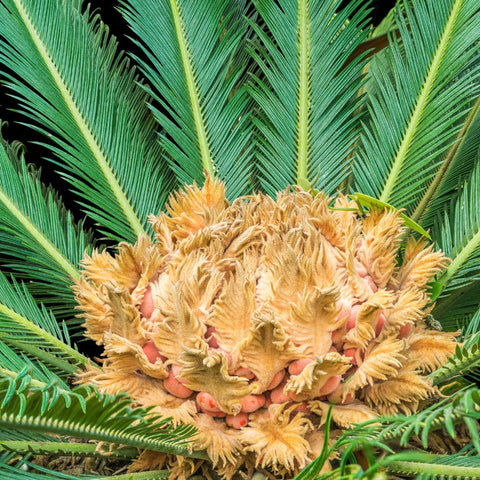
Azeleas
Azeleas contain a neurotoxin called grayanotoxin which can disturb the body’s membranes and can cause vomiting, diarrhoea, weakness, and cardiac failure.
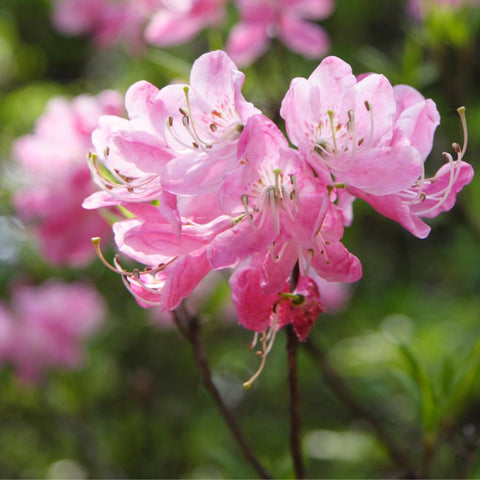
Lily of the Valley
Lily of the Valley contain compounds called glycosides which irritate the gastrointestinal system. Eating the flower, leaves or root of this plant can lead to vomiting, diarrhoea, heart problems, seizures, and in extreme cases, death.
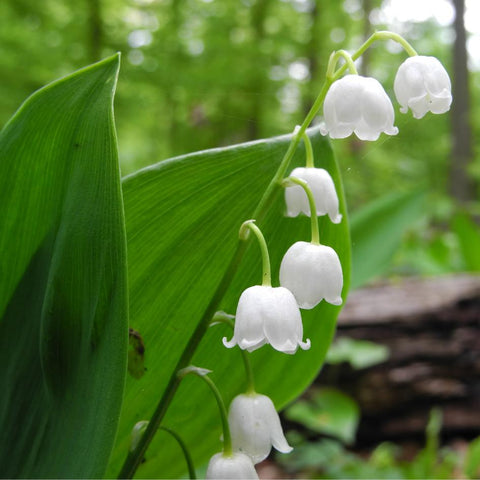
Oleander
Oleander also contain cardiac glycosides that can cause vomiting, diarrhoea, and heart problems in dogs. All parts of the plant are toxic, and even small ingestions can lead to serious health problems.
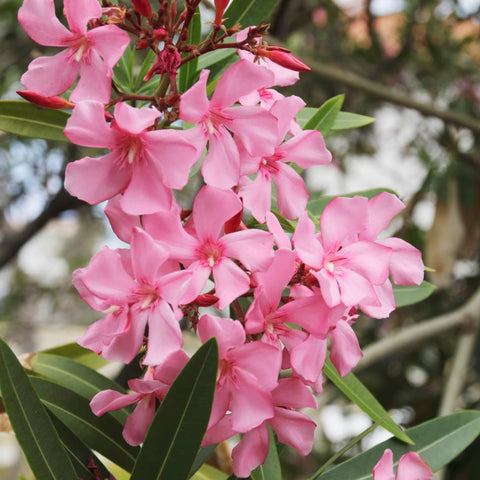
Prevention
To prevent your dog from being poisoned by toxic plants, keep them out of reach or consider replacing them with non-toxic alternatives such as those listed below.
Pet Safe Plants
- Banana tree
- Orchids
- Bromeliads
- Spider plant
- Areca palm
- Rubber plant
- Ponytail palm
- Chinese Money plant
- Star Jasmine
- Sunflowers
- Rosemary
Household Chemicals and Safe Alternatives
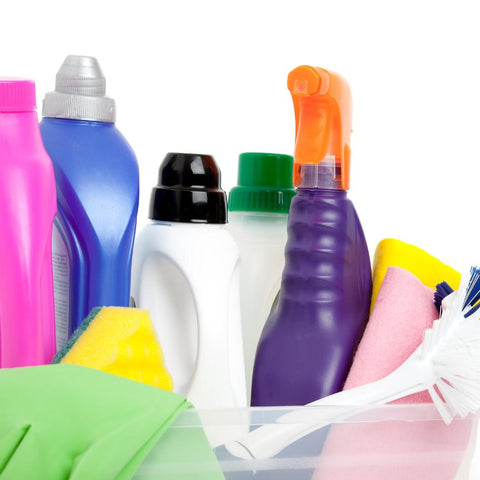
Many household chemicals can be toxic to dogs if ingested or if they come into contact with their skin. Some of the most common toxic household chemicals include cleaning products, pesticides, and antifreeze. Let's take a closer look at each of these chemicals.
- Cleaning Products: Cleaning products, such as bleach, ammonia, and detergents, can cause digestive upset, respiratory distress, and chemical burns in dogs. In severe cases, it can lead to organ damage or failure.
- Pesticides: Pesticides can cause digestive upset, respiratory distress, and neurological problems in dogs. Some insecticides are also carcinogenic, causing cancer in dogs.
- Antifreeze: Antifreeze contains ethylene glycol, which is highly toxic to dogs. Even small ingestions can lead to serious health problems, including kidney failure and death.
Prevention
To prevent your dog from being poisoned by household chemicals, store them out of reach and follow the instructions on the label carefully. Consider using natural and non-toxic alternatives, such as vinegar and baking soda, to clean your home. Some pet-friendly pest control options include neem oil, or diatomaceous earth.
Conclusion
In conclusion, it is essential to be aware of the common dog poisons around your home and take the necessary precautions to prevent poisoning. Keep toxic foods, plants, and household chemicals out of reach, and consider safe alternatives. If you suspect your dog has been poisoned, call your veterinarian or the animal poisons helpline (1300 TOX PET) immediately. Provide them with all the information you have, such as the type of poison and the amount ingested, to help them provide the appropriate treatment. By taking these steps, you can help keep your furry friend safe and healthy.
